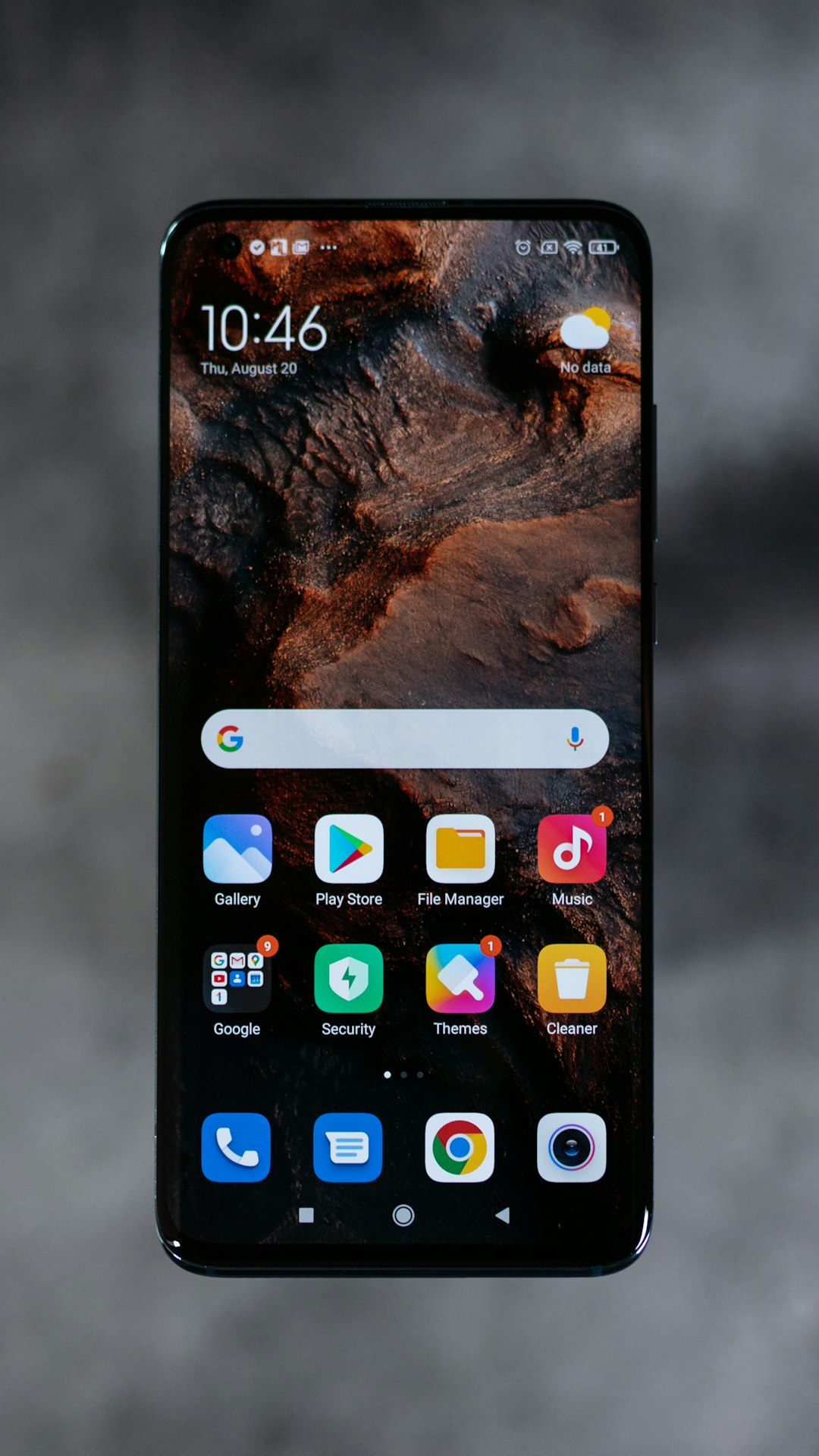Robocalls are regulated in Oklahoma by both federal (FCC) and state laws, including the Telephone Consumer Protection Act (TCPA). Oklahomans can take legal action against unwanted automated calls by documenting caller details and consulting legal professionals. Filing complaints with the FCC also contributes to anti-robocall efforts and raises awareness about potential scams. If a violation occurs, like unsolicited calls despite being on the Do Not Call Registry, individuals may sue for robocalls in Oklahoma under relevant laws and seek financial compensation.
In today’s digital age, robocalls have become a pervasive and often unwanted nuisance. The Federal Communications Commission (FCC) plays a pivotal role in regulating these automated calls across the United States, including Oklahoma. This article delves into the FCC’s jurisdiction over robocalls in the state, exploring relevant laws and legal frameworks. We’ll guide you through understanding when a robocall justifies legal action, the FCC’s enforcement powers, and crucial steps to protect your rights if you’ve received an unwanted call—including options for potential lawsuits in Oklahoma.
Understanding Robocalls and the FCC's Jurisdiction in Oklahoma

Robocalls, automated phone calls that deliver pre-recorded messages, have become a ubiquitous yet often unwanted part of modern communication. These calls can range from promotional offers to scam attempts and even political messaging. In Oklahoma, as in many states across the nation, the Federal Communications Commission (FCC) plays a pivotal role in regulating robocalls to protect consumers from harassment and fraud. The FCC’s jurisdiction extends to ensuring that businesses comply with Do Not Call lists and anti-spam laws, providing a layer of protection for Oklahomans who wish to limit these types of calls.
When it comes to taking legal action against robocallers, Oklahoma residents have certain rights. If you believe you’ve received an illegal or unwanted robocall, you may have grounds to sue under state and federal laws. The FCC offers resources and guidance on how to file a complaint if you suspect fraudulent or abusive robocalling activities. By reporting these calls, individuals not only contribute to the FCC’s oversight but also increase awareness among their peers about potential scams and harassment, empowering them to take similar actions to protect themselves from unwanted robocalls in Oklahoma.
Legal Framework: Telemarketing and Consumer Protection Laws in OK

In Oklahoma, telemarketing and consumer protection laws are enforced by the Federal Communications Commission (FCC) to mitigate the impact of robocalls on residents. These regulations are designed to protect consumers from unsolicited calls, including automated or prerecorded messages, commonly known as robocalls. The Telephone Consumer Protection Act (TCPA) serves as the primary legal framework, giving consumers the right to sue for damages caused by unwanted robocalls.
If you’ve received robocalls in Oklahoma, it’s important to know that state laws also offer protections and avenues for recourse. For instance, Oklahoma’s Deceptive Telemarketing Practices Act prohibits telemarketers from using deceptive or misleading methods to market goods or services. Moreover, consumers can take action against violators by filing a complaint with the FCC or seeking legal counsel to explore potential litigation under the TCPA, including the possibility of suing for individual damages and class-action suits.
When is a Robocall Consideration for Legal Action?

If you’re receiving unwanted robocalls in Oklahoma, you might be wondering if there’s any legal action you can take. In general, a robocall becomes a concern for legal action when it violates federal or state laws designed to protect consumers from deceptive or nuisance calls. One key law to consider is the Telephone Consumer Protection Act (TCPA), which prohibits automated telephone dialing systems from calling phone numbers listed on the National Do Not Call Registry.
In Oklahoma, as well as across the U.S., if a robocall originates from a company or individual who has not obtained your prior express consent to contact you, and it violates the TCPA, you may have grounds for legal action. This includes calls using prerecorded messages, live speakers, or text messages. It’s advisable to document these calls, including the caller’s identification, the date and time of the call, and any specific details about the content of the message. These records can be crucial if you decide to pursue legal action against the robocaller.
The FCC's Enforcement Powers and Their Impact on Oklahoma Residents

The Federal Communications Commission (FCC) possesses significant enforcement powers to combat robocalls, which can significantly impact Oklahoma residents. When a resident receives unsolicited calls from automated dialing systems, they have legal recourse through the FCC’s regulations. The FCC has established rules that restrict certain types of robocalls, particularly those related to telemarketing and debt collection, without prior consent. Violations of these rules can result in substantial fines for companies engaging in such practices.
For Oklahoma residents troubled by unwanted robocalls, knowing the FCC’s role is empowering. If a resident believes they have been targeted by illegal robocalls, they may take action by filing a complaint with the FCC. These complaints contribute to ongoing investigations and can lead to legal repercussions for offending parties. Moreover, understanding their rights and the FCC’s enforcement capabilities might encourage residents to consider suing for robocalls in Oklahoma if other methods of resolution fail.
Protecting Your Rights: What to Do if You've Received an Unwanted Robocall

If you’ve received an unwanted robocall in Oklahoma, know that there are protections in place to safeguard your rights as a consumer. The first step is to document the call—note the caller’s phone number, the date and time of the call, and any specific details about the message or marketing offered. This information will be crucial if you decide to take legal action.
In Oklahoma, robocall regulations are overseen by the Federal Communications Commission (FCC), which has implemented rules to limit unsolicited telephone calls. While it might not always be possible to stop these calls entirely, you can take measures to minimize their impact. If the call was a clear violation of these rules—for instance, if you’re on the Do Not Call Registry and the caller still reached out—you may have grounds to sue for robocalls in Oklahoma. Consult with a legal professional to understand your options and the potential for financial compensation.






